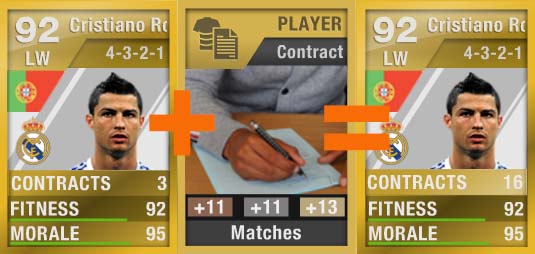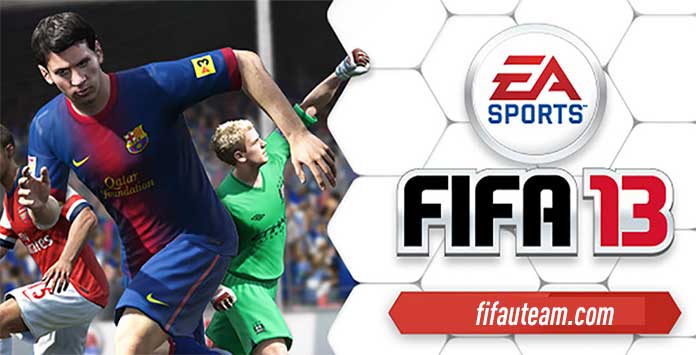FIFA Ultimate Team is certainly one of the best online game modes ever made, and the main reason for that is because of its extremely realistic gameplay. It ‘breaks’ a little of the cliche about football games that has been built over the years. FIFA is an amazing game in general, but the players that never played Ultimate Team are certainly losing the best part of the game.
Ultimate Team for the Win
Collecting player cards has always been a big hobby among football lovers all over the world, and with FIFA Ultimate Team this becomes a lot more entertaining. Being able to actually play with thousands of different player cards and building many different teams is what makes FUT a fantastic game. And, like having a virtual album, you can trade or sell your cards to anyone in the world and find almost any player in the trade market. There is even a web app that was built to help players manage their transactions anytime they want without having to turn on the console, saving a lot of time.
Team chemistry, manager, player contracts, physical and even mental condition, nothing goes unnoticed to FUT…
Team chemistry is an important factor for having a good team. It influences the players’ skills in a match such as positioning and acceleration. The first thing required to build a good team chemistry is to put players on their natural positions. For example, Seedorf (central midfielder) playing as a right-back would decrease the team chemistry and, at the same time, would not play as well as he would in the midfield. Also, players with the same nationality, when put near from each other on the team, tend to increase the chemistry more than when players with different nationalities are put together. The color of the lines that link the players indicate their chemistry level. Green indicates good, orange indicates medium and red, bad chemistry.
The manager of the team will also influence on a big parcel of the team chemistry and his nationality is very important, too. For example, if the manager is japanese and most of the team is filled with english players, having this manager won’t help very much. Anyway, having a manager is optional and, while he is on the bench, contracts will be spent.
Every time a match ends, all 11 players will lose one contract. Those who are substitutes or reserves won’t lose contracts as long as they don’t substitute a player during any moment of the match. When a player’s contracts end, it’s necessary to use a contract card in order to play again with that player. There are 3 kinds of player contract cards (and other 3 to managers): bronze, silver and gold, each including normal and rare types. They are meant to be spent on any kind of player/manager, but some will add more or less contracts to one specific player/manager.

As long as a player plays consecutive matches, his fitness will decrease, increasing the chances of a non-contact injury after a match ends. To solve these problems, other types of consumable cards will be needed: fitness and injury (including different types of injuries) cards. Even the player’s mental condition is considered. Depending on the team’s performance, the morale of the player will increase with time. There are also consumables to help with that.
These are some of the characteristics of this great game called FIFA Ultimate Team, and there are a lot of others to be explored (well, the game is way too big to be full analyzed in a single article, so let’s keep up with FIFA U Team website to keep ourselves well informed about FUT!). FIFA 13 is soon to be released and is promising a lot – and so is FUT 13, of course.
Wait for it and let’s all go with Ultimate Team for the win!
Note: This article was written by Pedro Henriques Coelho, a FIFA U Team Facebook Page Fan. Thanks!
If you want to publish articles about FIFA Ultimate Team in our website, please contact us.

